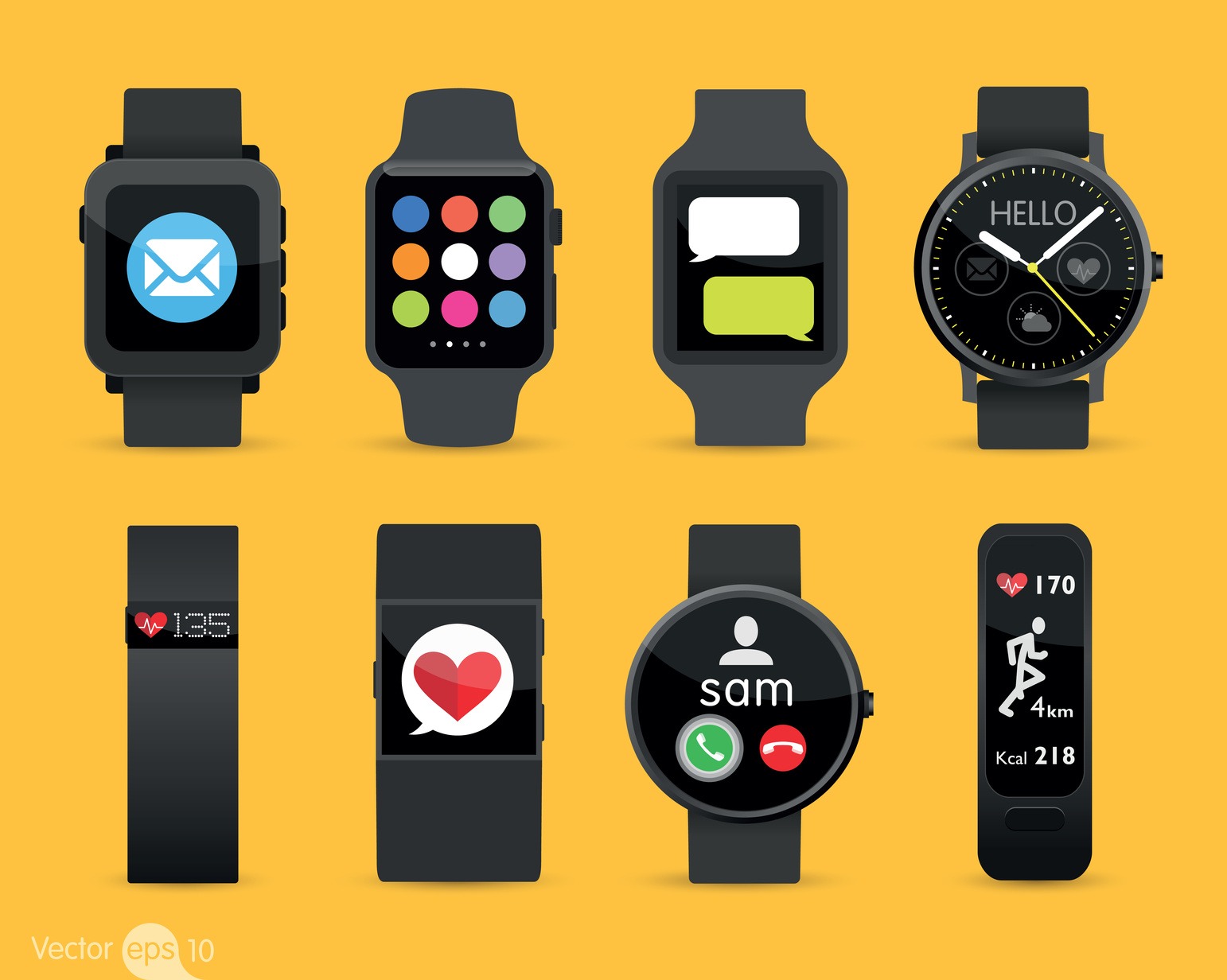It’s easy to see why so many people purchase a Fitbit or a similar piece of wearable technology: they think it’s going to help them get healthier and lose weight. Due to its ability to track steps walked, calories burned, heart rate, and the intensity of any given activity, Fitbit is marketed as the ideal fitness companion: designed to help people achieve their weight loss goals.
But… does it actually work? While Fitbit may seem like a helpful digital workout buddy, research has found that these devices offer no actual weight loss advantages.
A new study recently published by JAMA reports on a clinical trial by researchers at the University of Pittsburgh, who monitored data for 471 individuals for two years. All study participants were placed on low-calorie diets, told to increase time spent exercising, and participated in group counseling. Some of the participants were also given a wearable technology device to monitor both their diet and exercise habits, while others were not.
Upon analyzing the results of this study, the authors concluded:
“Among young adults with a BMI between 25 and less than 40, the addition of a wearable technology device to a standard behavioral intervention resulted in less weight loss over 24 months. Devices that monitor and provide feedback on physical activity may not offer an advantage over standard behavioral weight loss approaches.”
That’s right… study participants who used a wearable technology device lost LESS weight than those who did not. It turns out that counting steps, tracking calories burned, and other such statistics don’t seem to do anything to encourage weight loss. These devices were found to be useless… and perhaps even a distraction from actual weight loss practices.
Effective weight loss that is sustainable in the long term doesn’t require any gadgets or apps. It simply requires a few lifestyle changes, such as eating whole, nutritious foods (and skipping the processed stuff) and moving your body as much as possible. These changes can do more than help you lose weight: they can also help you live a longer, healthier life.
If your goal is to live longer and healthier, it makes sense to pay attention to people around the world who live the longest. That is exactly what Dan Buettner of National Geographic has been studying and reporting on for years. He uses the term “blue zones” to describe the regions of the Earth with the greatest number of people living past age 100. When researchers compared lifestyles practices in these blue zones, which include Okinawa, Japan, Sardinia, Italy, and Loma Linda, California, they found several things in common. In all of these regions, residents:
– Eat a plant-based diet (more plants than meat)
– Eat until they are no longer hungry (instead of eating until they’re stuffed full)
– Are physically active throughout the day
– Don’t smoke
– Sleep 7-9 hours per night
– Enjoy low levels of stress
– Have a supportive families, meaningful friendships and a strong sense of community
– Possess a sense of life purpose
All of these factors combined translate to greatly increasing your chances of living a long, healthy life — and maintaining an ideal weight, to boot. The solution doesn’t lie in a Fitbit or another wearable device… it’s all about living the healthiest life you can. If you bought a Fitbit and still have the receipt, you may want to go get a refund.
– Dr. Joshua Levitt









